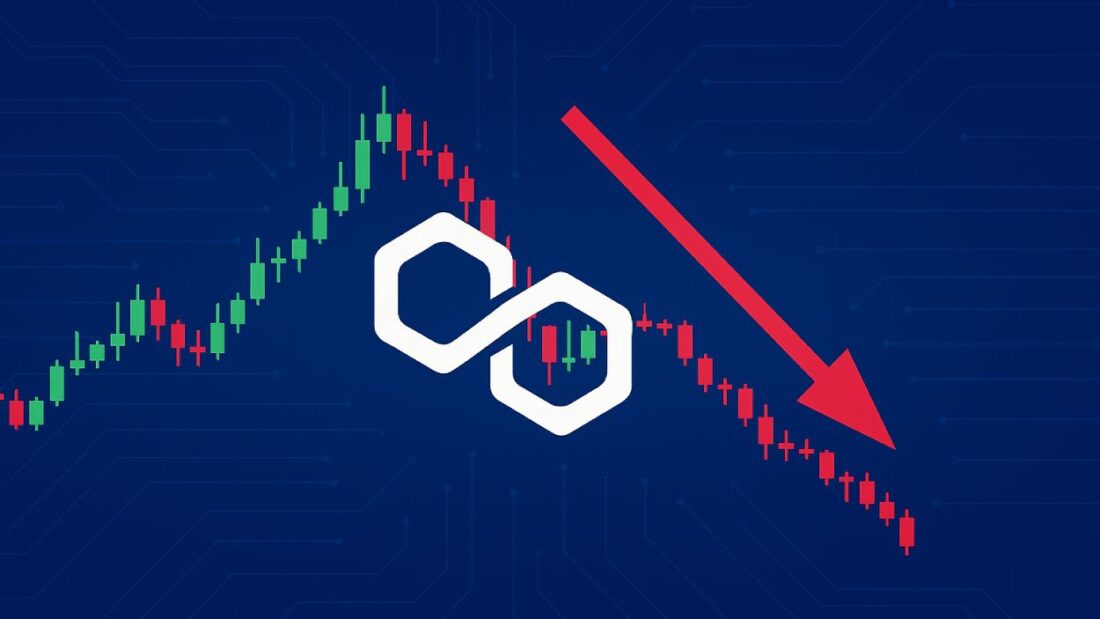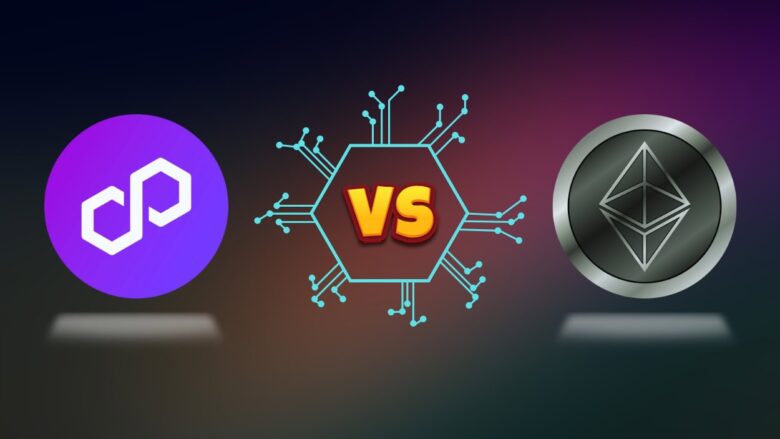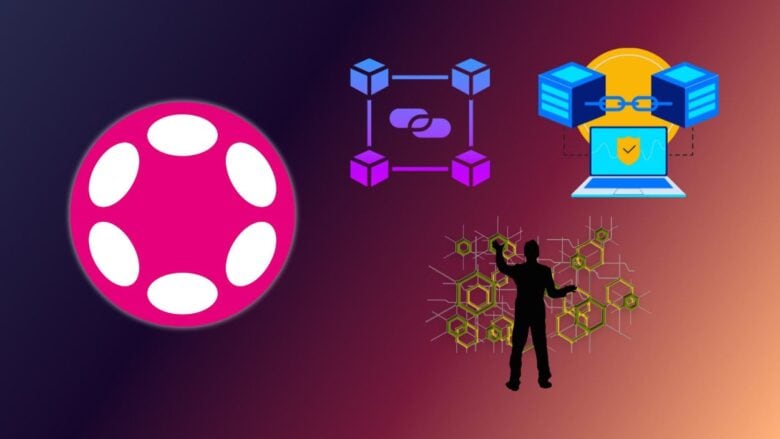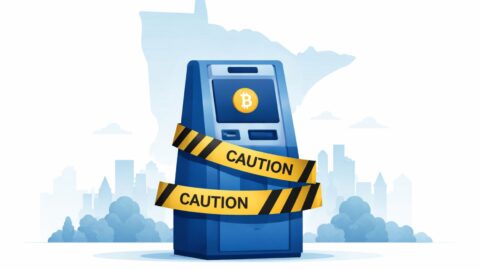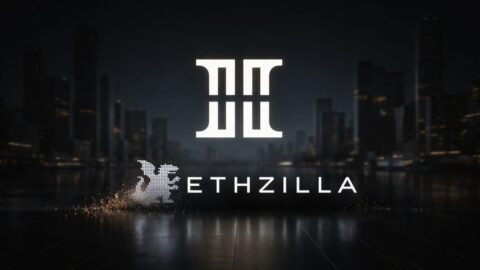Polygon’s blockchain has been hit by a node bug causing significant disruptions in transaction finality, prompting a 4 percent drop in POL price and raising concerns about the stability of its recent upgrades.
Key Takeaways
- Polygon’s PoS network is experiencing 10 to 15 minute delays in transaction finality due to a bug affecting Bor and Erigon nodes.
- POL price dropped over 4 percent and trading volume fell 17 percent as key protocols suspended Polygon transactions.
- The bug impacted Remote Procedure Call (RPC) services, disrupting DeFi apps and validators dependent on network data.
- Polygon developers are rolling out a patch and collaborating with node operators to restore full network stability.
What Happened?
A technical issue within the Polygon Proof-of-Stake (PoS) network caused a delay in transaction finality, forcing validators and infrastructure providers to resynchronize nodes. The bug, which affected both Bor and Erigon nodes, disrupted RPC services and created accessibility issues for decentralized apps. As a result, POL, the network’s native token, saw a 4 percent price drop and extended its year-to-date decline to over 30 percent.
UPDATE: Temporary Delay in Finality
— Polygon Foundation (@0xPolygonFdn) September 10, 2025
While the chain continues to run and blocks and checkpoints are produced, there is currently a 10-15 minute delay in finality due to a milestone issue.
We have identified a fix, and it is being rolled out to all validators and service…
Node Bug Causes Transaction Finality Delays
The issue first surfaced on September 10 when several validators and RPC services reported problems accessing the Polygon network. Transactions, which typically take seconds to finalize, were taking 10 to 15 minutes due to delayed consensus finality. Although the network continued to produce blocks, the absence of timely finality meant that transactions remained vulnerable to reversal or reorganization.
Polygon confirmed that the root cause of the delay was a bug in Bor and Erigon, key software components that manage block production and data handling. These nodes failed to progress under specific configurations, prompting engineers to ask node operators to roll back to the last finalized block and restart.
- Polygonscan, the network’s block explorer, at one point showed no new blocks for over six hours.
- DeFi platforms like TokenPocket and others suspended transactions on Polygon to avoid inconsistencies and protect users.
RPC Disruptions Ripple Across dApps and DeFi
The bug also compromised several RPC services, essential for decentralized apps to fetch data and broadcast transactions. Many apps experienced unreliable or delayed data, which led to trading interruptions and user frustration. Polymarket, one of Polygon’s top prediction markets, was among the affected platforms, with traders expressing concern over the network’s reliability.
Finality, a key security guarantee in blockchain networks, ensures that once a transaction is confirmed, it cannot be reversed. With delays in reaching finality, exchanges and apps were unable to credit deposits or finalize trades, forcing them to wait much longer than usual.
Heimdall Upgrade Under Pressure
This is the first major incident since the Heimdall v2 upgrade was implemented in July. That upgrade aimed to reduce finality time to five seconds and improve validator coordination. However, this week’s issues show that more work is needed to ensure network reliability at scale.
Polygon said the finality delay stemmed from a milestone issue in Heimdall, which interrupted the checkpoint process and affected Ethereum integration. While the network itself was never offline, the consensus delay had significant ripple effects on user experience and application performance.
Developers Deploy Patch and Monitor Progress
Polygon’s engineering team has already rolled out a patch and is collaborating closely with validators and service providers to speed up recovery. Restarting nodes has fixed the issue for many participants, and block production has resumed for most of the network.
Despite these efforts, the situation underscores the delicate balance required to maintain speed, security, and uptime in modern Layer-2 scaling solutions. The bug coincided with an unrelated outage on Linea, another Ethereum Layer-2 network, prompting broader industry concerns about network resilience.
CoinLaw’s Takeaway
In my experience covering blockchain networks, delays in finality are among the most disruptive types of bugs because they affect trust and operational certainty. When platforms like Polymarket and DeFi wallets pause operations, it sends a strong signal to users that something’s off under the hood. I found Polygon’s transparency commendable, but it also highlights how even mature projects can stumble post-upgrade. Moving from MATIC to POL was meant to mark a new chapter for Polygon. This kind of network disruption at such a pivotal time is a reminder that scaling securely is just as important as scaling fast.

